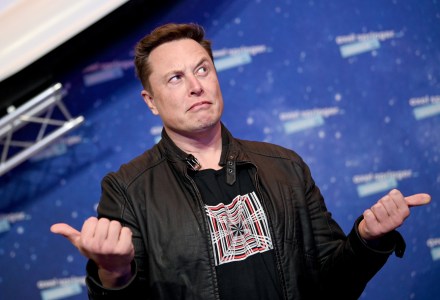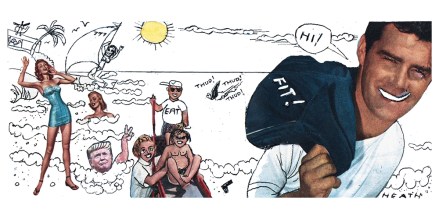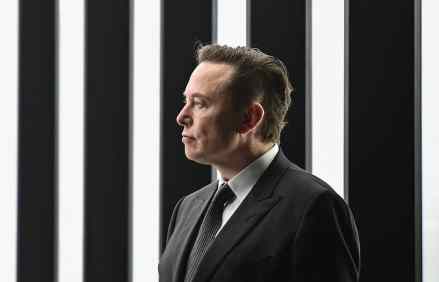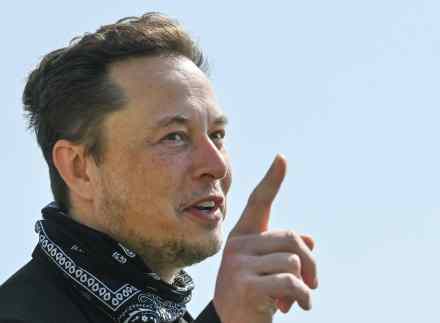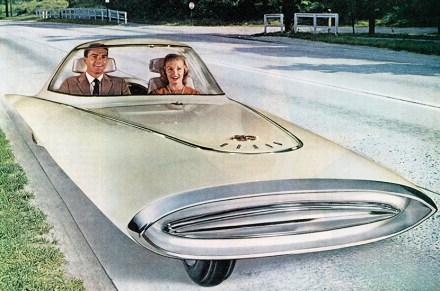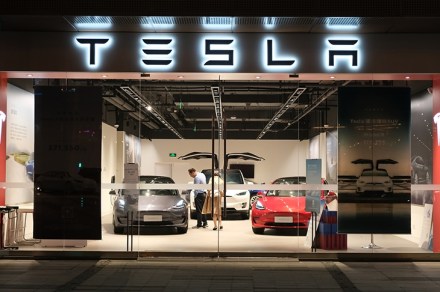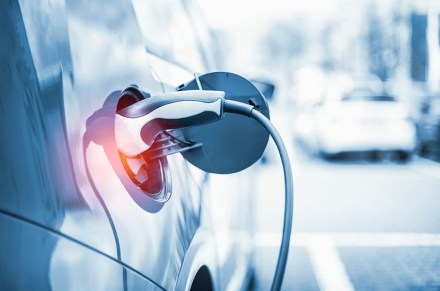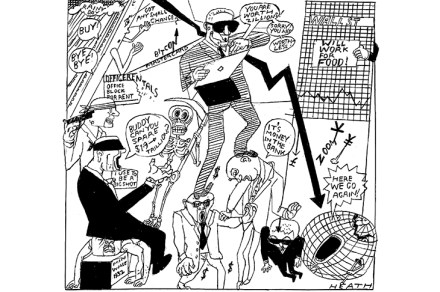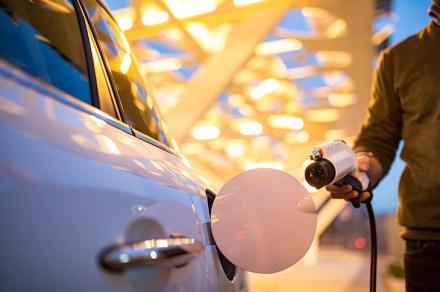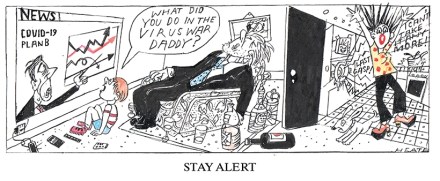What Elon Musk doesn’t get about peace
The power one person can hold should never be underestimated. They can take people’s lives, as Vladimir Putin does, or save them as Elon Musk did in Ukraine. Two days after Putin’s invasion, Ukraine’s minister for digital transformation, Mykhailo Fedorov, tagged Musk on Twitter and asked him to help Kyiv with Starlink. The communication centres were one of the first targets for Russian missiles. ‘While you try to colonise Mars, Russia tries to occupy Ukraine! While your rockets successfully land from space, Russian rockets attack Ukrainian civil people!’ tweeted Fedorov. The answer was immediate. Musk tweeted: ‘Starlink service is now active in Ukraine. More terminals en route.’ It was stunning
